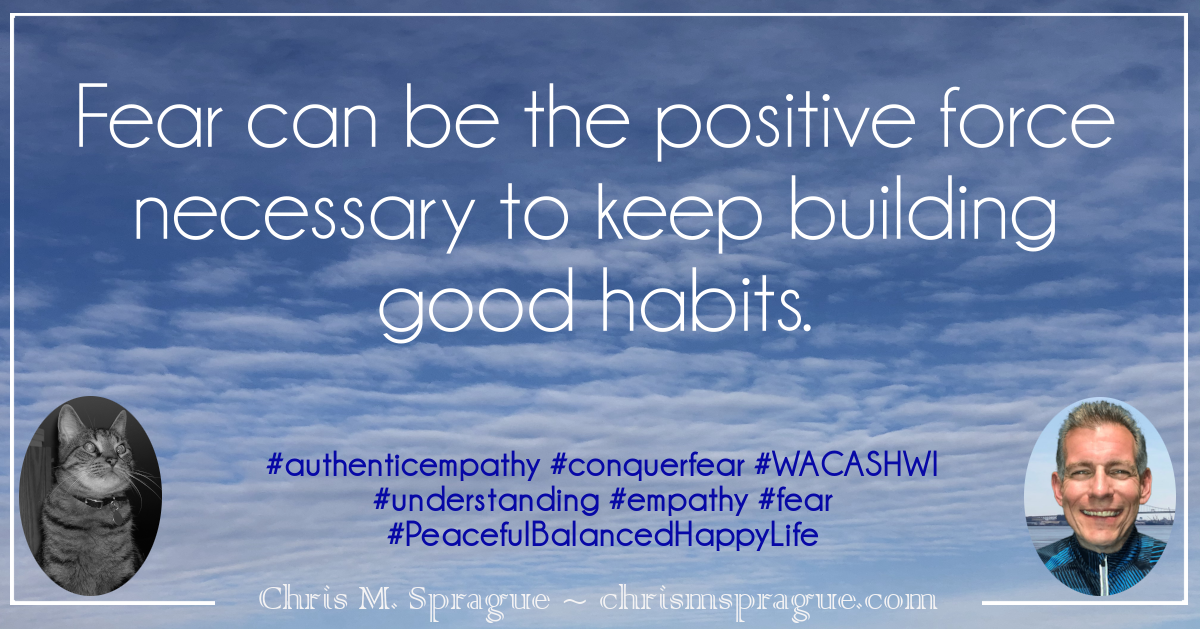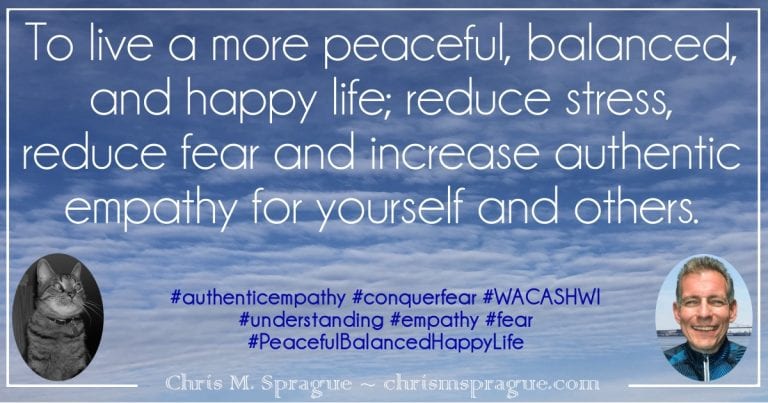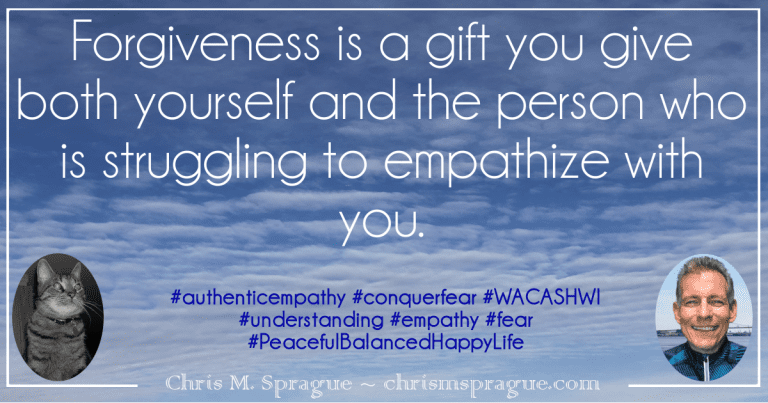Using Fear to Keep a Habit
Estimated Reading Time: 4 Minutes
How can you use fear as a motivator to keep a habit?
How would it feel to have an extra tool in your arsenal to keep you from breaking good habits? Have you ever thought about the role fear can play when trying not to break a good habit? How would you like to have to put less willpower into keeping good habits?
When we have fully formed habits, they are hard to break. Before they become full-formed, situations will crop up that could potentially keep our good habits from fully forming. Until our habits are fully formed, fear can be a powerful motivator. It can be a positive motivator that keeps us moving forward. It could also be a negative motivator that prevents the habit from taking hold. They key is to realize the fragile nature of habits while they are being formed. This will allow us to make informed choices on how to use fear as a positive motivator.
Fear can be the positive force necessary to keep building good habits.
How this applies to authentic empathy…
When it comes to authentic empathy and using fear to help build good habits, since fear usually carries a negative connotation, asking those closest to you show you authentic empathy as you build the habit is key. This will prevent them from steering you away from the fear. Talking about it to them at the beginning will also show them that you are thinking clearly. It will show them that you have made an active decision to utilize fear rather than reacting to the fear as it happens. This will empower them to be more supportive of your decision and show you more authentic empathy.
How this applies to WACASHWI…
When it comes to WACASHWI and using fear to help build good habits, usually, we will put fears on to and move them through the process it is because we want to overcome them. In this case, overcoming a fear (at least right now) that you can utilize to build good habits will be counterproductive. First build the good new habit by putting tasks on to and moving them through your list designed to fully form that habit. When the fear no longer serves you, I invite you to put the task of overcoming that fear on the list.
Your daily invitations…
- I invite you to think about a habit you are trying to build.
- I invite you to consider a fear you could introduce into your life that will help you build the habit.
- I invite you to write down your thoughts, feelings, and actions in your journal.
- I invite you to talk about your thoughts and considerations with someone close and let them know how you plan on utilizing fear. If you do not have anyone close you can talk to about this, I invite you to get a good coach, mentor, or therapist to help you through and act as accountability partner or a thinking partner.
Final step – how will you implement one thing you learned today in your life?
This all is but one step in your journey to living a more stress-free life, beating the demons of fear, and raising your level of authentic empathy towards yourself and others.






